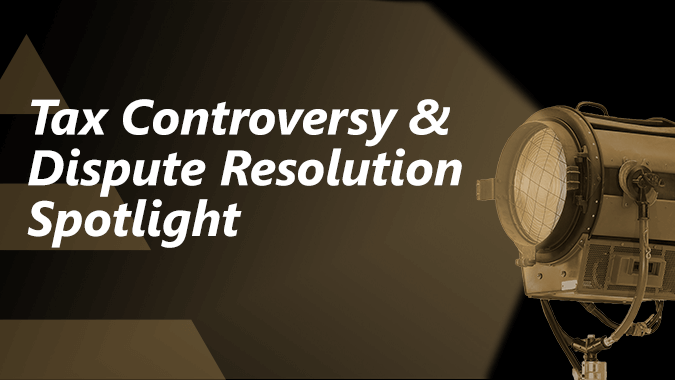
Understanding Unrelated Business Income
- Published
- Jun 15, 2017
- Share
In a previous blog post, we discussed activities that not-for-profit organizations may partake in that can jeopardize their 501(c)(3) tax-exempt status. (See blog titled “Don’t Jeopardize Your 501(c)(3) Tax-Exempt Status” .) One of the risky activities involves unrelated business income. A “substantial” amount of unrelated business income can jeopardize an organization’s 501(c)(3) tax-exempt status as it blurs the lines of for-profit and not-for-profit organizations. An organization may maintain its tax-exempt status even if it has unrelated business activity; however, it may be liable for tax on its unrelated business income. This tax is referred to as unrelated business income tax (“UBIT”).
The tax on unrelated business income applies to most organizations exempt from tax under Section 501(a); and an exempt organization subject to the tax on unrelated business income must file Form 990-T, which is due when filing the organization’s Form 990.
Now you are asking yourself, what is unrelated business income? Does my organization have income from an unrelated business activity? Is my organization subject to UBIT? The Internal Revenue Service (“IRS”) identifies unrelated business income as “income from a trade or business, regularly carried on, that is not substantially related to the charitable, educational, or other purpose that is the basis of the organization’s exemption.” To further help understand unrelated business income, here are some real life examples provided by the IRS:
- Magazine publishing - An association of credit unions, with tax-exempt status as a business league, publishes a consumer-oriented magazine four times a year and makes it available to member credit unions for purchase. By selling a magazine to its members as a promotional device, the organization furnishes its members with a regular commercial service they can use in their own operations. This service doesn’t promote the improvement of business conditions of one or more lines of business, which is the exempt purpose of a business league. Since the activity doesn’t contribute importantly to the organization's exempt function, it is considered to be an unrelated trade or business.
- Museum shop - An art museum, maintained and operated for the exhibition of American folk art operates a shop in the museum that sells scientific books and souvenir items of the city in which the museum is located. The sale (if intended to make a profit) of scientific books and souvenir items of the city where the museum is located has no relationship to art or to artistic endeavor and, therefore, doesn’t contribute to the accomplishment of the museum's exempt educational purposes. Therefore, these sales constitute an unrelated trade or business.
- School facilities - An exempt school has tennis courts and dressing rooms that it uses during the regular school year in its educational program. During the summer, the school operates a tennis club open to the general public. Employees of the school run the club, including collecting membership fees and scheduling court time. The exempt purpose of the school is the advancement of education. Furnishing tennis facilities in the manner described doesn't further that exempt purpose. This activity is considered to be an unrelated trades or businesses.
The IRS Publication 598 Tax on Unrelated Business Income of Exempt Organizations further addresses questions exempt organizations may have regarding UBIT, such as:
- Which organizations are subject to the tax?
- What are the requirements for filing a tax return?
- What is an unrelated trade or business?
- How to figure unrelated business taxable income
If you have similar or additional questions about the complex subject of UBIT and how it may be applicable to your tax-exempt organization, contact your advisor at EisnerAmper.
What's on Your Mind?
Start a conversation with Brian












